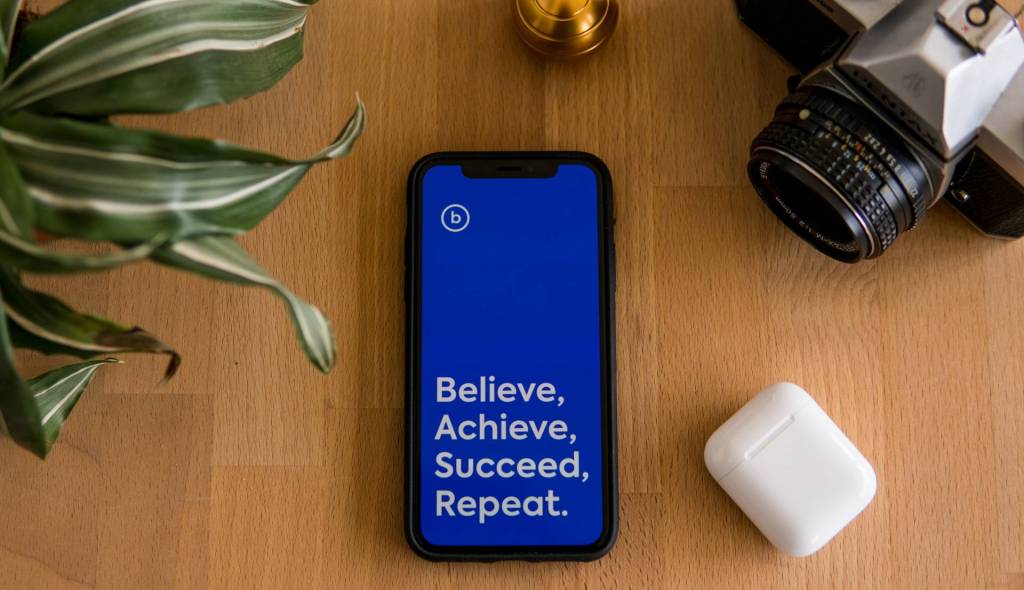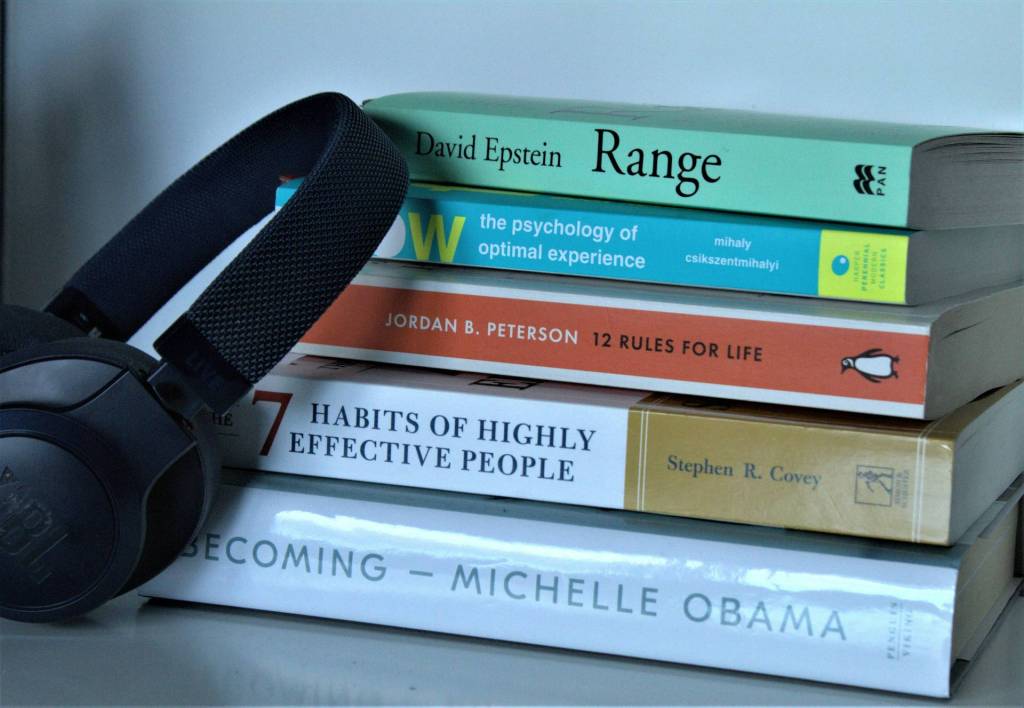 Whether you’re the top dog in your company or a regular employee, listening is an important skill. Unfortunately, it’s a skill that many haven’t mastered. How often have you acted like you were listening, but in fact were already preparing your response in your head? How often have you felt unheard, dismissed even? Listening not only provides you with important feedback you can use to improve results, it builds report and trust with those you work with. One of the greatest gifts you can give someone is listening to what they say. Here are tips to being the best listener you can be!
Whether you’re the top dog in your company or a regular employee, listening is an important skill. Unfortunately, it’s a skill that many haven’t mastered. How often have you acted like you were listening, but in fact were already preparing your response in your head? How often have you felt unheard, dismissed even? Listening not only provides you with important feedback you can use to improve results, it builds report and trust with those you work with. One of the greatest gifts you can give someone is listening to what they say. Here are tips to being the best listener you can be!
1) Don’t get defensive when people share negative feedback or criticize. Instead of putting your hackles up and closing your mind to what is being said, listen to the content and identify the roots of the message.
2) Don’t start preparing your retort before the person has finished speaking. You can’t be listening if you’re thinking about your next words. As a result, you may miss important parts of the message.
3) Ask questions during the conversation. When you ask a question based on what you heard, you show you’re listening. Further, asking questions gives you a chance to clarify or get more details on the message.
4) Make eye contact and smile. You don’t want to stare at the person you’re talking to, but also, you don’t want to be preoccupied with something else. Eye contact is a great way to show you’re listening and smiling encourages the other person to continue to share his message.
5) Don’t interrupt or start giving solutions before the speaker is finished. Although interrupting is commonplace, it’s actually a form of disrespect. It suggest that you don’t respect or have time for the speaker. Telling people what to do is rude, even if your intention is to be helpful. Even if you think you know where the conversation is going, hold your tongue until a break in the conversation. Don’t offer solutions unless specifically asked. This is especially true if someone is simply venting.
6) Give responses that show you’re listening. Asking questions (#3) is one form of response that requires you to listen. Other responses might be congratulations, commiseration or a simple nod of the head.
People in the workplace like employers and colleagues who listen. It makes them feel positive about you and that you value their contribution. So learn to talk less and listen more. As the saying goes, God gave us two ears and one mouth so that we can listen twice as much as we talk.












